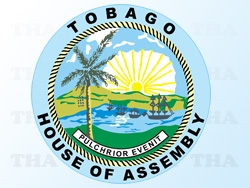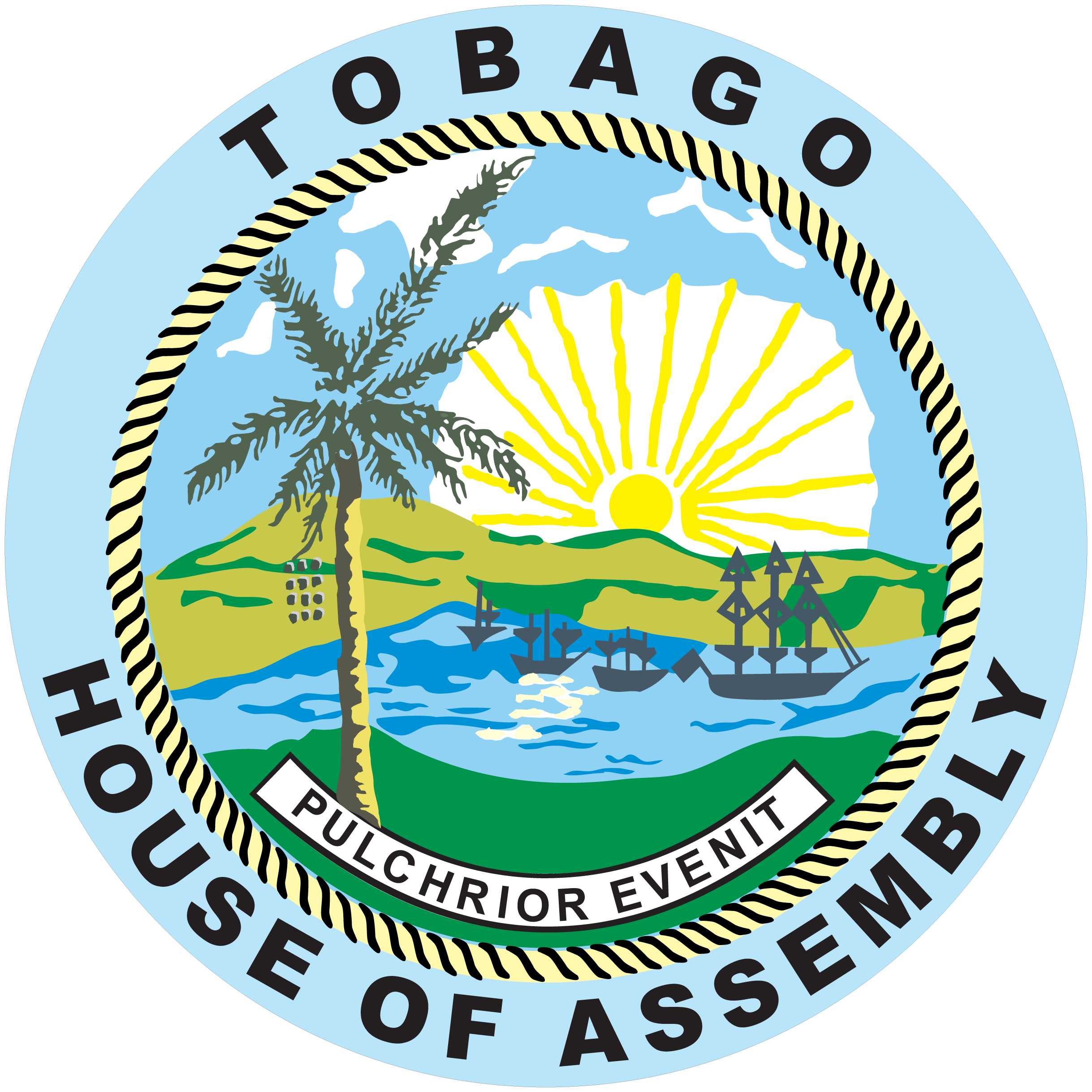
As a result Chief Secretary Orville London has written Prime Minister Kamla Persad-Bissessar proposing an expansion of THA representatives in State agency decision-making to include the Central Bank, the Central Statistical Office, the Board of Inland Revenue, the Service Commissions and the Extractive Industries Transparency Institute among others.
In adding these for discussion with the Prime Minister at their next quarterly meeting in September, London said “even though you don’t get what I think you deserve you still have to ask for other things which you should have”.
The Chief Secretary said this was a matter requiring attention at the level of their deliberations, which he urged should be included in the agenda for discussion at their quarterly meetings. The two had begun discussions at their two previous meetings on the lack of THA representation on the majority of State agencies after April 2010.
He said representation on State agencies that have a critical impact on the economic, social and cultural facets of life on the people of Tobago, was one way of employing administrative measures to ensure harmony between the islands.
He added that the restitution of the THA in 1980, the process of providing such representation through the institution of government in Tobago was observed by some legislation and largely by Cabinet decision, prior to 2010. However, he said, since May 2010, the Assembly had been ignored with respect to such appointments.
London pointed out that the Assembly contributed to the functioning of over 50 of these agencies in the period ending May 2010, but has only been invited to provide representation on less than ten of these entities, since then.
He said included among the agencies from which the Assembly has been excluded were the vast majority of the 32 areas of responsibility stipulated by section 25 and contained in the Sixth Schedule of the THA Act of 1996. Some of these were the Airports Authority, the Environmental Management Authority, Institute of Marine Affairs, National Training Agency, National Maintenance, Training and Security Company, Public Transport Service Corporation, Port Authority, Trinidad and Tobago Postal Corporation, Trinidad and Tobago Electricity Commission, Tourism Development Company and Water and Sewerage Authority.
London said this was a very disturbing situation and something had to be wrong with a process where for well over 30 years the Assembly has had representation on numerous State agencies and since the advent of this particular government its representation was now down to below 20 per cent. “It not only impacts on the Assembly’s autonomy but it also impacts on the effectiveness of these agencies,” he said.
He added that many of these agencies have to also partner with the Assembly in the fulfillment of their responsibility and therefore in the decision-making process at the Board level because they do not have the input from the Assembly, it was often times extremely difficult for them to makes decisions which do not create problems after they have been made.




